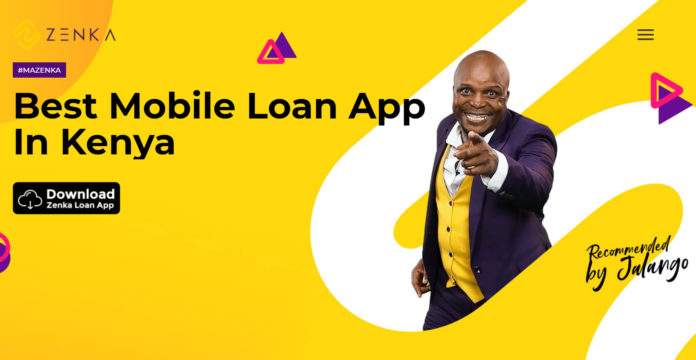Increased activities of DCPs have over the years transformed the digital financial landscape in Kenya, offering opportunities for financial inclusion and innovation.
This was identified as a sector that required regulation, and as such, the CBK was empowered to license and regulate DCPs under the Central Bank Act and the subsidiary Regulations published in March 2022. These regulations also establish a safer financial ecosystem for consumers while, at the same time, sandboxing innovation.
The licensing, however, has been difficult to implement, causing delays and frustration for applicants. A DCP’s license is supposed to be issued within 60 days of receipt of a complete application, where the applicant has met all requirements. This 60-day timeframe was deliberately provided to foster the growth of the digital credit market.
Though applications gave a count of over 500, the CBK has so far licensed only 58, with none in the 60-day period.
Challenges in the Licensing Process
The licensing process has been long because of unclear guidance. Much of the DCPs were not sure about what criteria and what requirements they were to meet, which led to numerous re-submissions and further queries from the CBK.
This has hurt DCPs and the general financial sphere of Kenya. Delay in licensing has, for some DCPs, created a major problem in fund-raising. Investors are slow to committing funds to DCPs that are not yet approved by the regulator due to fear of legal and operational risks that could come about.
Potential Impact
To shed more light on the requirements of licensing and to solve the current challenges, the regulator should publish comprehensive guidelines stating clearly specific requirements and evaluation criteria for DCP applications. Such transparency would have the applicants better prepared while making their submissions, thus reducing the number of instances of back-and-forth with the CBK.
The CBK has to do more on its capacity investment, so such volumes of applications would be handled in a more effective way. That could mean staff increase, advanced systems for processing, and continuous training to ensure there is uniformity of treatment for fair process.
Regular engagement with DCPs and other players in the digital financial ecosystem shall help the CBK collect feedback for improvements on the licensing process.
Open channels of communication will also facilitate a collaborative approach to regulation, benefiting both the CBK and the industry. Indeed, with the institution of a stringent internal timeline and monitoring mechanisms, the CBK must do its part to ensure compliance with the 60-day period for licensing provided under the Regulations.
Under this approach to licensing that the CBK considers for adoption, the sandbox would mean approving license applications within 60 days, subject to conditions that the DCP addresses the outstanding issues within a prescribed time limit, for example, 12 months.
Such issues, if not addressed, may cause the CBK to suspend or withdraw the conditional license. By adopting a sandbox approach, CBK would further give itself time to engage in the DCP sector and understand the issues of risk and come up with practical and balanced guidelines that would help DCPs submit quality applications and maintain compliance on a continuing basis.
It may also share its supervisory mandate with other regulatory agencies, for instance, the Competition Authority of Kenya and the Office of the Data Protection Commissioner.
Most complaints against DCPs relate to consumer protection issues like unconscionable debt collection, lack of transparency on the features of the product such as fees, and violation of data privacy through misuse of contact addresses on mobile devices.
By leaving the Conduct regulation to CAK and ODPC, CBK can remain as the licenser while ensuring that all issues concerning consumer protection and data privacy are well taken care of. This would lead to all-rounded regulation and enhanced consumer confidence in the market.

